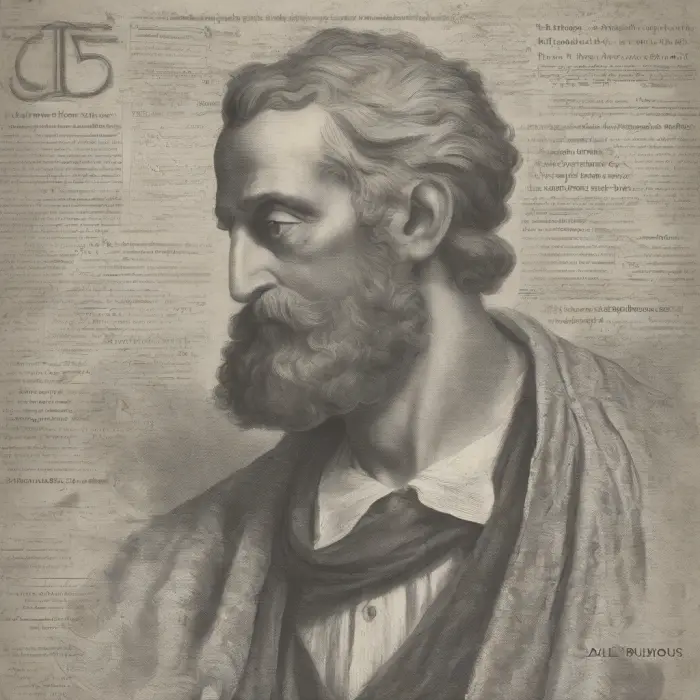Political Intrigues: Scandals and Conspiracies that Shaped Politics
Political Intrigues are as old as politics itself. These are some of the most powerful forces that have shaped the course of history. Political Intrigues range from scandals and conspiracies, political assassinations, manipulation of information, defamation and much more. These tools have been employed by politicians, factions and governments both to gain power and to maintain it. This article aims to shed light on some of the most impactful political intrigues as well as their consequences.
Types of Political Intrigues
There are several types of political intrigues. Scandals which entail acts of dishonesty, disgrace, or moral outrage, often involving influential figures from politics. These are often magnified by the media, shaping public opinion and sometimes resulting in the downfall of political careers. Conspiracies on the other hand, involve secret plans by a group to do something harmful or illegal, often with political gain as the objective.
Notable Political Scandals
Watergate Scandal
The Watergate Scandal, possibly one of the most famous scandals, occurred in the United States in the 1970s, during the reign of President Richard Nixon. The scandal surfaced after a break-in at the Democratic National Committee headquarters at the Watergate office complex, leading to investigations that revealed abuse of power at the highest levels of government. The fallout resulted in Nixon's resignation - the first and only U.S. president to resign from office.
The Profumo Affair
Britain is no stranger to political scandals. The Profumo Affair in the 1960s involved high-ranking government officials and a call girl, triggering a national security scare and tarnishing the reputation of the Conservative Party. The scandal climaxed with the resignation of John Profumo, the Secretary of State for War and significantly damaged the Conservative government's reputation.
Historical Political Conspiracies
The Gunpowder Plot
One of the earliest and most famous political conspiracies was the Gunpowder Plot of 1605 in England. A group of provincial English Catholics conspired to assassinate King James I and the entire Protestant aristocracy by blowing up the Houses of Parliament. The plot was revealed and the main conspirators were executed, causing subsequent oppressive measures against English Catholics.
The Newburgh Conspiracy
The Newburgh Conspiracy was a supposed plot during the American Revolution, as the war came to a close. Disgruntled officers of the Continental Army supposedly planned a mutiny or possibly even a coup against the Congress due to grievances about their impending separation without pay or promised pensions. The conspiracy collapsed after a stirring speech by George Washington, effectively strengthening the position of civilian control of the military.
As intriguing as these scandals and conspiracies are, they serve as crucial reminders about the frailty of political institutions and the constant need for vigilance and transparency. In the combat against corrupt practices, an informed and vigilant public is the strongest weapon.










